Blog
Clothing recycling
Why and how do you recycle clothes?
22 JANUARY 2021
The world agrees that the ecological situation is urgent. Waste management is now part of our daily lives. Nevertheless, the fashion and textile industry remains one of the most polluting in the world. Recycling your old clothes is an eco-responsible gesture that shouldn't be overlooked. Simple and environmentally friendly, recycling your textiles is a real gesture for our planet.
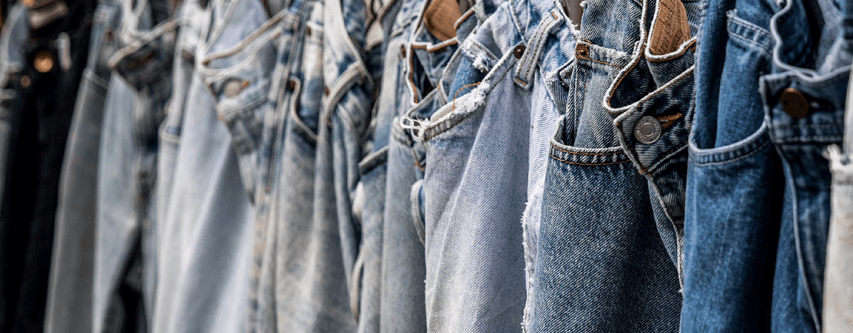
Why recycle your clothes?
The textile industry pollutes enormously, which is why recycling is a simple action that everyone can take. Mountains of clothes are produced and flood traditional shops, which has a real impact on the environment.
In the manufacture, production and care of our oldest T-shirt, many resources were used, so it has value. If it's too old and worn for us to wear, it can be put to more useful use. To throw it away without recycling it is to miss out on a simple, altruistic and ecological gesture.
Your T-shirt can be worn by someone else if it's in good condition, or transformed into another textile (tea towel, insulation, textile thread, etc.). The T-shirt will then have a second life when it is recycled.
How do you recycle your clothes?
First of all, you need to sort through your wardrobe! Remove anything you don't wear very often, anything that no longer fits, or anything you don't need. Keep only the clothes that still fit and that you wear regularly.
For the rest, take the clothes you no longer want to textile collection points:
- The 30,000 Le Relais or EcoTextile containers;
- Branches of charities such as Emmaüs, the Red Cross and Secours Populaire;
- One-off collections;
- Specific collection points (for example, points that only collect socks).
Most of the textiles you drop off will be recycled and reused. The rest will be used as fuel or incinerated.
What are the different uses for recycled clothing?
The different ways of recycling a garment depend on its general condition. Despite this, the clothes we drop off almost always have a second life.
Redistribution to the most disadvantaged
Charities and organisations collect your clothes and redistribute them to people in need, when they are in good condition.
In recycling centres or community shops
Your clothes are sorted so that those that are still of good quality can be put back on sale in solidarity shops. Ideal for finding second-hand clothes at low prices.
Upcycling, or overcycling
Fashion designers who are fans of recycling use your clothes to transform them into a new garment, for unique, eco-friendly pieces with a low carbon footprint.
Export to developing countries
Half of the clothes collected and sorted are re-used abroad, creating direct and indirect jobs. Although this solution is controversial, it remains a useful way of recycling your clothes.
Turning clothes into wiping cloths
This activity creates many jobs, as it requires low-skilled labour and is very much in vogue at the moment.
There are many other ways of recycling clothes, which is why it's essential not to throw away your old textiles, but rather to place them in places designed for this purpose. This is an ethical and eco-responsible approach that protects both our planet today and future generations tomorrow.
But also...
Our other articles
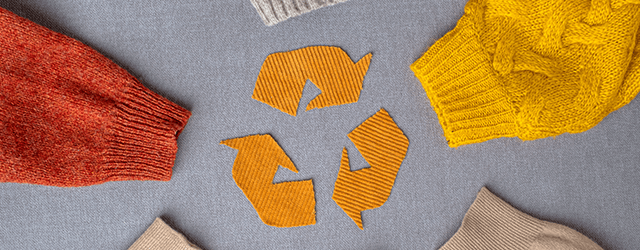
Using less clothing
29 December 2022
Eco-responsibleHave you been wondering about your clothing consumption for some time now, and want to act...
Read this article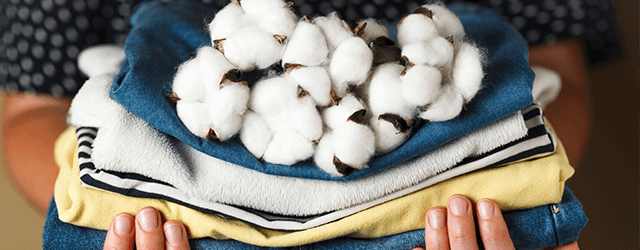
How do I choose eco-responsible clothing?
05 July 2022
Eco-responsibleOur tips for choosing eco-responsible...
Read this article
Eco-responsible fashion: a sustainable choice for Elora
17 May 2022
Eco-responsibleEco-responsibility is a key concern for many companies. Elora is part of this philosophy...
Read this article





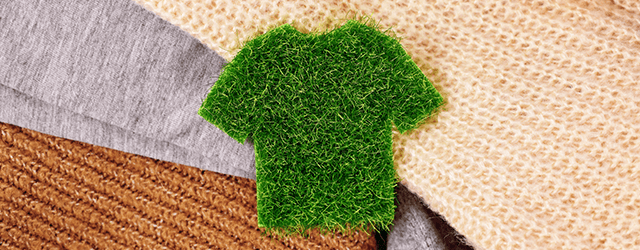
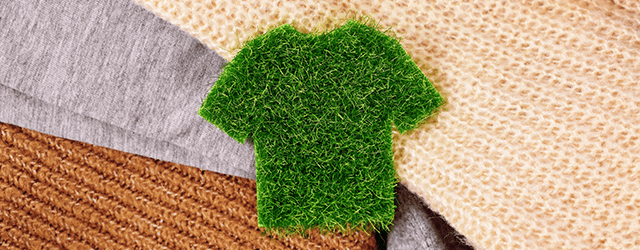 Read this article
Read this article